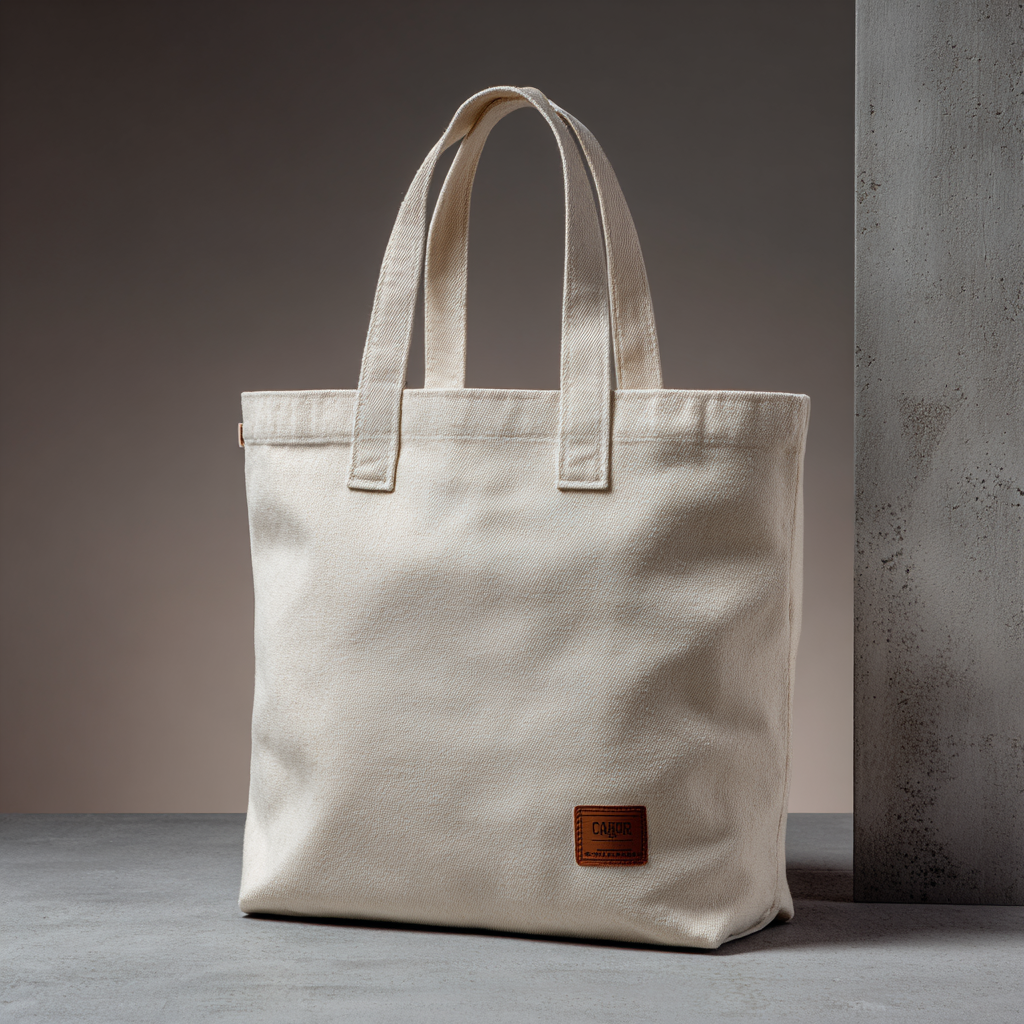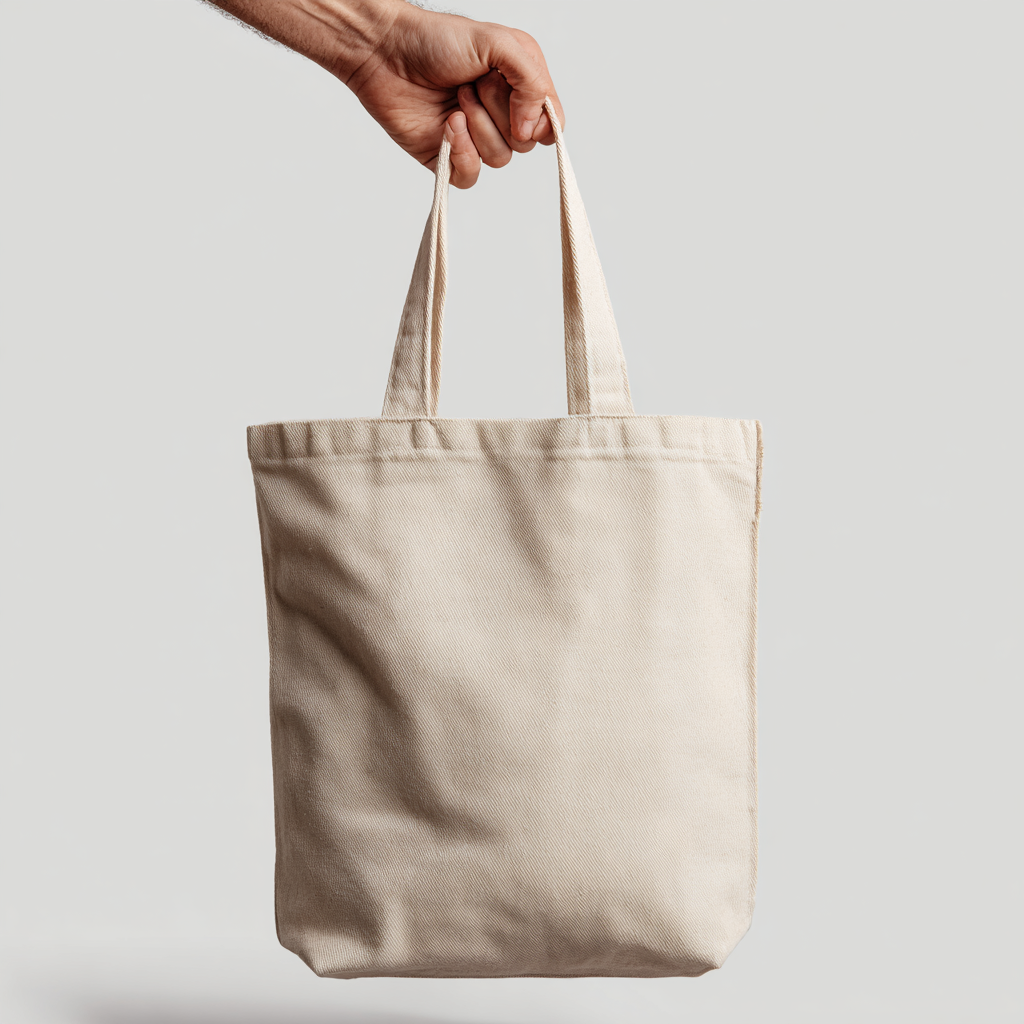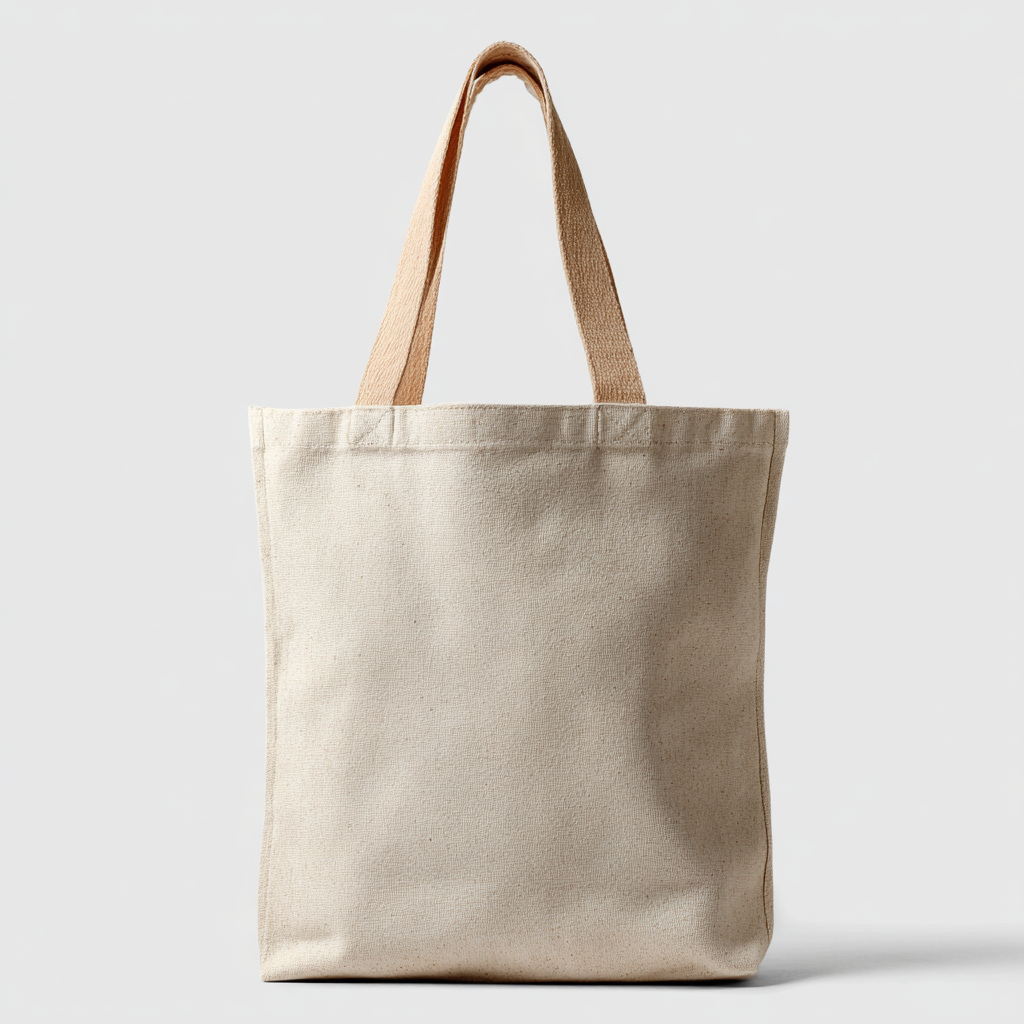What Makes the Best Canvas Bag a Sustainable Choice in Modern Fashion
In the realm of modern fashion, sustainability has emerged as a key concern for consumers and designers alike. Among the myriad of eco-friendly options available, the canvas bag stands out as a quintessential choice, blending utility with environmental consciousness. But what exactly makes the canvas bag a sustainable staple in today’s wardrobe? This blog delves into the digital landscape, exploring five compelling reasons why these versatile bags not only serve functional purposes but also champion a greener lifestyle. From their durability and reusability to their low environmental impact during production, the canvas bag redefines contemporary fashion with a sustainable twist. Join us as we uncover the qualities that position canvas bags as the ultimate accessory for the eco-aware individual in our modern world.

The Importance of Material Selection in Sustainable Canvas Bags
The Importance of Material Selection in Sustainable Canvas Bags
In the realm of sustainable fashion, material selection is paramount, particularly for canvas bags. Opting for organic cotton, for instance, can drastically reduce environmental impact. According to the Organic Trade Association, organic cotton farming uses 91% less water and avoids harmful pesticides, making it a more sustainable option compared to conventional cotton. This healthier approach not only benefits the ecosystem but also promotes better conditions for farmers and their communities.
Moreover, recycled materials are gaining traction in the canvas bag industry. A report by the Global Recycling Foundation highlights that recycling can save up to 70% of energy consumption compared to producing new plastic. When canvas bags integrate recycled fibers or plastics, they contribute to closing the loop in material production, fostering a circular economy. Brands that invest in sustainable materials often find that consumers are more inclined to support their efforts, as a survey by Nielsen indicated that 73% of millennials are willing to pay more for sustainable offerings. Thus, the choice of materials significantly influences both the environmental footprint and market competitiveness of canvas bags.
Material Selection in Sustainable Canvas Bags
Eco-Friendly Manufacturing Processes in Modern Canvas Bag Production
In the realm of modern fashion, the canvas bag has emerged as a prominent accessory, not just for its stylish appeal but for its commitment to sustainability. The eco-friendly manufacturing processes behind these bags play a crucial role in reducing their environmental impact. For example, many brands opt for organic cotton sourced without harmful pesticides, which not only promotes healthier farming practices but also ensures the longevity of the soil and local ecosystems.
When selecting a sustainable canvas bag, consider looking for those produced with water-based inks and dyes. These alternatives reduce toxic runoff typically associated with traditional textile production. Additionally, prioritize companies that utilize renewable energy sources in their manufacturing facilities. By supporting brands that implement these conscious practices, you're contributing to a growing movement that values sustainability over fast fashion.
**Tips:** When shopping for canvas bags, check for certifications such as GOTS (Global Organic Textile Standard) that assure eco-friendly practices. Additionally, explore brands that offer a take-back program for old bags to encourage recycling and reduce waste. Lastly, consider the durability of the bag; investing in a high-quality product can decrease the need for replacements, further minimizing your ecological footprint.
What Makes the Best Canvas Bag a Sustainable Choice in Modern Fashion - Eco-Friendly Manufacturing Processes in Modern Canvas Bag Production
| Sustainable Feature | Description | Environmental Impact | Consumer Benefits |
|---|---|---|---|
| Organic Cotton | Grown without synthetic pesticides or fertilizers. | Reduces soil and water pollution. | Safer for consumers with sensitive skin. |
| Recycled Materials | Utilizes post-consumer waste to create fabric. | Decreases landfill waste and conserves resources. | Contributes to a circular economy. |
| Water-Based Inks | Printing process using non-toxic, water-based inks. | Minimizes air and water pollution. | Safer for the planet and health-conscious consumers. |
| Fair Trade Certified | Ensures ethical labor practices in production. | Promotes social equity and workers' rights. | Supports sustainable livelihoods for workers. |
| Durable Design | Built to last with high-quality materials. | Reduces the need for frequent replacements. | Saves money over time for consumers. |
The Role of Durability and Longevity in Sustainable Fashion Choices
In the realm of sustainable fashion, the durability and longevity of products like canvas bags are pivotal. A high-quality canvas bag can last for years, reducing the need for frequent replacements and minimizing waste. This long-lasting nature not only reflects a conscious choice for eco-friendly materials but also supports a more sustainable lifestyle. By investing in durable items, consumers can significantly lessen their environmental impact, embodying the essence of sustainable fashion.
Tip: When selecting a canvas bag, look for options made from organic cotton or recycled materials. These choices not only enhance the sustainability profile of your bag but also ensure it is built to withstand the test of time.
Additionally, care and maintenance play a crucial role in prolonging the lifespan of your canvas bag. Regularly cleaning your bag properly can prevent wear and tear, allowing it to maintain its aesthetic and functional appeal.
Tip: To keep your canvas bag looking its best, wash it on a gentle cycle and air dry it, avoiding harsh detergents that may degrade the fabric over time. By taking these steps, you can ensure your investment remains a staple in your wardrobe for years to come.

Design Innovations that Enhance Sustainability in Canvas Bags
When it comes to sustainable fashion, canvas bags have emerged as a leading choice due to their versatility and eco-friendliness. Recent design innovations play a crucial role in enhancing their sustainability. For instance, brands are increasingly using organic cotton or recycled materials to produce canvas bags, significantly reducing their carbon footprint. This shift not only favors environmental conservation but also appeals to eco-conscious consumers seeking stylish alternatives to traditional plastic bags.
Moreover, advancements in manufacturing techniques have allowed for more efficient production processes, minimizing waste. Techniques such as digital printing and zero-waste patterns ensure that every inch of fabric is utilized. Additionally, features like detachable components and modular designs enable consumers to customize their bags, lengthening the product's lifespan and reducing the need for replacements. With these design innovations, canvas bags are not just fashion items; they symbolize a commitment to sustainability in modern living.
Consumer Awareness and Ethical Practices in Canvas Bag Choices
In today’s marketplace, consumer awareness plays a critical role in making ethical fashion choices, particularly when it comes to selecting canvas bags. A report by McKinsey & Company indicates that over 60% of consumers are now willing to pay more for sustainable products, reflecting a significant shift towards environmentally-conscious decisions. This growing demand encourages brands to adopt sustainable sourcing methods and improve their transparency regarding the lifecycle of their products.
Furthermore, studies suggest that approximately 73% of consumers believe that companies should actively contribute to social and environmental issues. This expectation drives brands to incorporate ethical practices, such as fair labor conditions and eco-friendly materials in their canvas bags. According to the Textile Exchange, cotton, as a common material in canvas bags, should ideally be sourced from certified organic producers to minimize the environmental impact. By prioritizing these ethical practices, consumers can confidently choose canvas bags that not only meet their fashion needs but also support a sustainable and responsible industry.






















